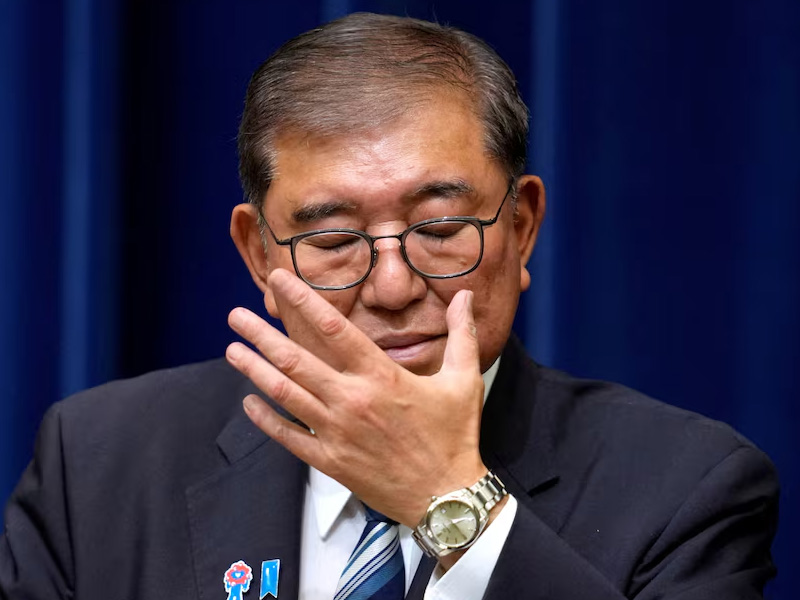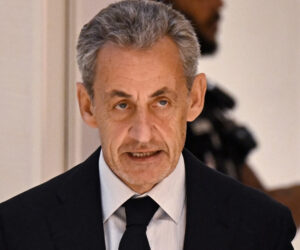Lawmakers of Japan’s ruling Liberal Democratic Party (LDP) scrambled on Monday to prepare their bids to succeed outgoing Prime Minister Shigeru Ishiba, a day after he announced his resignation following a crushing election defeat. The political uncertainty rattled financial markets, sending the yen lower and super long-term bond yields to record highs on speculation that Ishiba’s potential successors could ramp up government spending.
Ishiba stepped down on Sunday, saying he was taking responsibility for the bruising elections that saw the LDP-led coalition lose its majority in both houses of parliament amid voter anger over soaring living costs. “I must take responsibility for the results. The people made their judgment, and I accept it,” Ishiba said as he ended his short tenure.
He instructed the LDP, which has dominated Japanese politics for most of the post-war era, to hold an emergency leadership election. A senior party official said the vote would take place on 4 October.
Declaring his candidacy, former foreign minister Toshimitsu Motegi, 69, said the party faced an unprecedented challenge. “The LDP is facing its worst crisis since its founding,” Motegi told reporters on Monday. “We must unite quickly to tackle our serious challenges at home and abroad and move the country forward.”
Chief Cabinet Secretary Yoshimasa Hayashi also intends to run, according to sources close to the government’s top spokesperson.
But attention is focused on two frontrunners: veteran LDP lawmaker Sanae Takaichi, 64, and Shinjiro Koizumi, 44, the son of former Prime Minister Junichiro Koizumi. Both came second and third respectively in last year’s party leadership contest and are seen as the leading contenders this time around.
A victory for either would mark a historic milestone — Takaichi as Japan’s first female leader, or Koizumi as its youngest prime minister in the modern era.
“All indications are that it will come down to them facing off against each other,” said Jeffrey Hall, a lecturer in Japanese studies at Kanda University of International Studies.
Takaichi has held several cabinet positions, including economic security and internal affairs. She is known for opposing Bank of Japan interest rate hikes and for her calls to ramp up fiscal spending to support the fragile economy. Her stance has fuelled investor concerns that her leadership could stretch the finances of the world’s most indebted advanced economy.
Markets are already reacting to the political hiatus. Money markets now price just a 20% chance of a Bank of Japan rate hike by the end of October, down from 46% a week ago.
Takaichi’s candidacy also carries weight for Japan’s regional diplomacy, particularly with China. A regular visitor to the controversial Yasukuni shrine, she is a strong advocate of revising Japan’s pacifist constitution and earlier this year travelled to Taiwan, where she proposed that Japan, Taiwan and other partners could form a “quasi-security alliance.”
“China might take a more hostile stance towards Japan, because she depicts herself as very much a hawk regarding China,” Hall observed.
Neither Takaichi nor Koizumi has formally declared their candidacy, but with the race wide open and Japan’s political and economic future at stake, all eyes are now on the LDP’s October leadership vote.
Boluwatife Enome
Follow us on:








